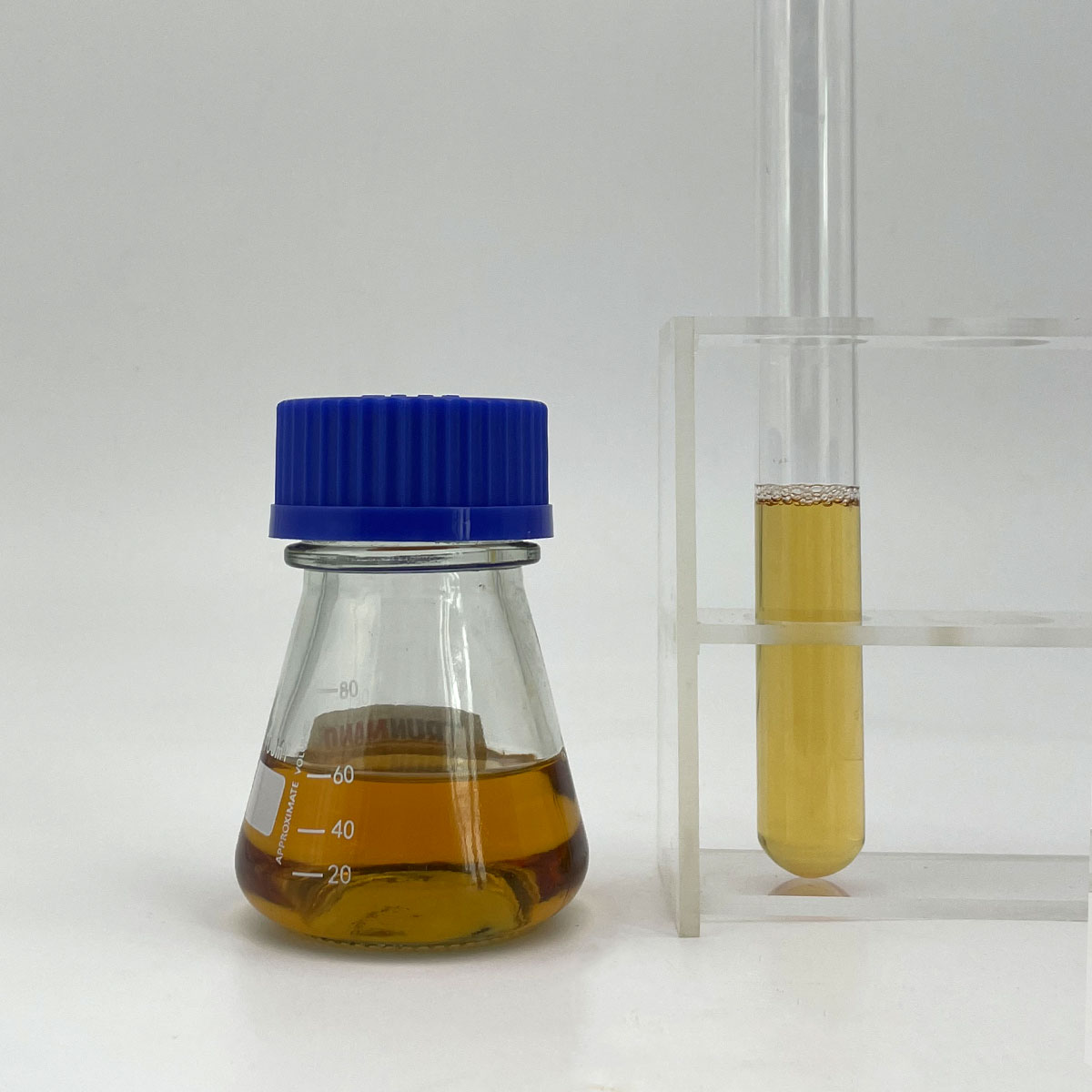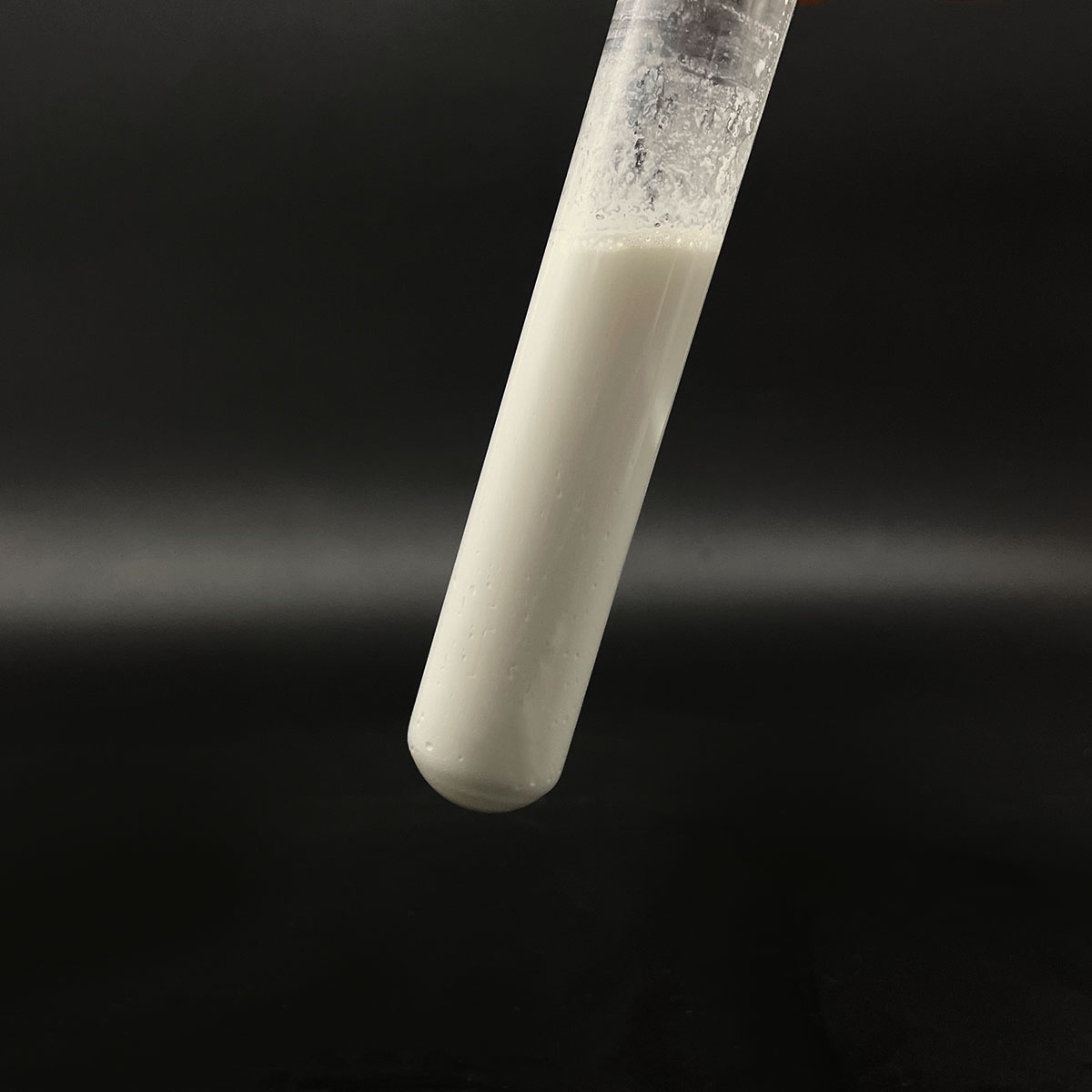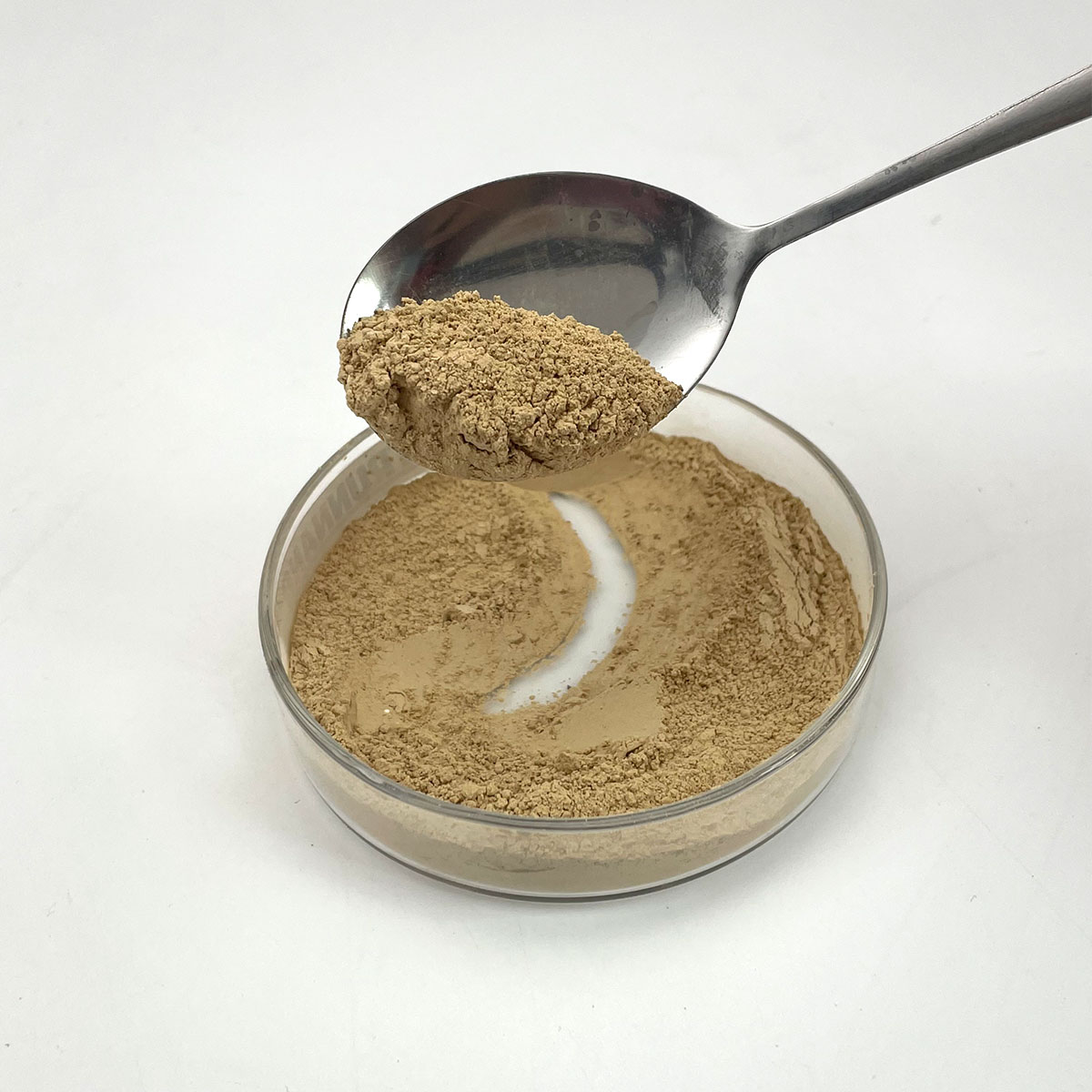Overview of Silicone Surfactant Jc-7700 for Polyurethane Rigid Foam
Polymer surfactants, also known as polymeric surfactants or amphiphilic polymers, are high-molecular-weight compounds that combine the properties of traditional low-molecular-weight surfactants with the unique features of polymers. Unlike small molecule surfactants, polymer surfactants offer enhanced stability, improved solubility, and the ability to form more complex structures such as micelles, hydrogels, and vesicles. These macromolecules find applications across a wide range of industries due to their tailored structures and tunable properties, which allow for precise control over interfacial behavior and solution rheology.
Features of Silicone Surfactant Jc-7700 for Polyurethane Rigid Foam
-
Molecular Weight and Structure: With a much higher molecular weight, polymer surfactants offer enhanced stability in harsh conditions and over prolonged periods compared to small molecule surfactants.
-
Tunability: The structure of polymer surfactants can be precisely engineered to include different functional groups, monomer sequences, and architectures, allowing for specific interactions and properties.
-
Multifunctionality: Apart from surface activity, they can also provide additional functionalities like thickening, rheology modification, and controlled release capabilities.
-
Self-Assembly: Capable of forming sophisticated self-assembled structures like micelles, hydrogels, and vesicles, which can encapsulate or release active ingredients in a controlled manner.
-
Environmental Compatibility: Many polymer surfactants are designed to be biodegradable and less toxic, making them suitable for eco-friendly applications.
-
Temperature and pH Responsiveness: Some polymer surfactants exhibit responsive behavior to changes in temperature or pH, enabling stimuli-responsive systems.

(Silicone Surfactant Jc-7700 for Polyurethane Rigid Foam)
Specification of Silicone Surfactant Jc-7700 for Polyurethane Rigid Foam
Silicone Surfactant JC-7700 is a high-performance additive designed for polyurethane rigid foam systems. It stabilizes foam cells during formation. This product ensures uniform cell structure and optimal foam expansion. It works well with common blowing agents like cyclopentane, HFCs, and hydrocarbons. The surfactant improves foam flowability and reduces surface defects.
Key features include strong compatibility with polyol blends and isocyanate components. It maintains stability under varying processing conditions. The surfactant enhances thermal insulation properties by promoting fine, closed-cell structures. It performs reliably in high-water or low-blowing-agent formulations.
The product appears as a clear to slightly hazy liquid. Its density measures around 1.05 g/cm³ at 25°C. Dynamic viscosity ranges between 800-1500 mPa·s at 25°C. The pH value stays neutral, typically 6.0-7.5. It dissolves fully in polyols and common foam system solvents.
JC-7700 reduces surface tension effectively during foam formation. This action supports even distribution of blowing agents. It minimizes foam shrinkage or collapse post-curing. The surfactant works in both continuous and batch production processes.
Applications cover rigid foam insulation panels, refrigeration systems, and construction materials. It suits spray foam, molded foam, and pour-in-place techniques. The surfactant adapts to formulations with flame retardants or fillers. It meets industry standards for fire resistance and thermal efficiency.
Recommended usage levels range from 1.5% to 3.0% relative to polyol weight. Adjustments depend on system specifics and desired foam density. Testing under actual production conditions is advised.
Storage requires keeping the product sealed in original containers. Store in a cool, dry place away from direct sunlight. Ideal temperatures stay between 10°C and 30°C. Avoid contamination with moisture or foreign substances. Shelf life extends to 12 months under proper conditions.
Safety guidelines include wearing gloves and goggles during handling. Ensure adequate ventilation in workspaces. In case of skin contact, wash immediately with soap and water.

(Silicone Surfactant Jc-7700 for Polyurethane Rigid Foam)
Applications of Silicone Surfactant Jc-7700 for Polyurethane Rigid Foam
Silicone Surfactant JC-7700 plays a key role in polyurethane rigid foam production. It improves foam structure by balancing surface tension during mixing. This ensures even cell formation. The result is foam with consistent density and smooth surfaces. These properties are critical for insulation and structural applications.
JC-7700 enhances thermal insulation performance. It creates smaller, more uniform cells in the foam. This reduces heat transfer. Rigid foam made with JC-7700 maintains stable insulation over time. It works in extreme temperatures. This makes it ideal for refrigerators, freezers, and building insulation.
The surfactant boosts mechanical strength. Foam treated with JC-7700 resists cracking under pressure. It supports heavy loads without collapsing. This durability suits industrial applications like pipeline insulation and automotive parts. The foam stays lightweight but becomes tougher.
JC-7700 simplifies processing. It stabilizes the foam rise process. This prevents shrinkage or voids. Manufacturers achieve higher yields with fewer defects. The surfactant works with various blowing agents. It stays effective in different humidity conditions.
The product is compatible with most polyol systems. It blends smoothly into formulations. No extra steps are needed. This saves time and reduces production costs. JC-7700 works in both continuous and batch processes. It adapts to high-speed manufacturing lines.
In construction, JC-7700-based foam insulates walls, roofs, and panels. It meets fire safety standards. The foam does not emit harmful gases. It complies with environmental regulations.
For refrigeration, the surfactant ensures energy-efficient insulation. Appliances using this foam consume less power. Temperature control becomes more reliable.
Automotive parts like seats and dashboards benefit from JC-7700. The foam reduces noise and vibration. It withstands wear and tear.
JC-7700 is non-toxic. It poses no health risks during handling. Workers can use it safely. Storage is straightforward. The surfactant remains stable for long periods.
Manufacturers trust JC-7700 for consistent quality. It addresses common foam defects. The product improves final product performance. This helps brands meet industry demands.
Company Profile
SurfactantChina is a trusted global chemical material supplier & manufacturer with over 12-year-experience in providing super high-quality surfactant and relative products.
The company has a professional technical department and Quality Supervision Department, a well-equipped laboratory, and equipped with advanced testing equipment and after-sales customer service center.
If you are looking for high-quality surfactant and relative products, please feel free to contact us or click on the needed products to send an inquiry.
Payment Methods
L/C, T/T, Western Union, Paypal, Credit Card etc.
Shipment
It could be shipped by sea, by air, or by reveal ASAP as soon as repayment receipt.
5 FAQs of Silicone Surfactant Jc-7700 for Polyurethane Rigid Foam
What is Silicone Surfactant JC-7700?
Silicone Surfactant JC-7700 is a specialized additive for polyurethane rigid foam. It controls foam cell structure during production. This ensures uniform cell size and stability. It improves foam physical properties like thermal insulation and dimensional stability.
How does JC-7700 work in rigid foam?
JC-7700 reduces surface tension in the foam mixture. This balances gas diffusion and cell growth. It prevents uneven cells or collapse. The result is consistent foam density and smooth surfaces.
What benefits does JC-7700 offer?
It enhances foam insulation performance by creating closed-cell structures. It minimizes shrinkage and improves adhesion to substrates. Foam products show higher strength and durability. The additive works reliably across different temperatures and formulations.
How much JC-7700 should be used?
Typical dosage ranges from 1.5% to 3% of the total foam system. Exact amounts depend on raw materials and processing conditions. Testing small batches first is recommended. Adjustments ensure optimal foam quality without waste.
Is JC-7700 safe to handle?
Standard safety measures apply. Wear gloves and goggles to avoid skin or eye contact. Ensure good ventilation in work areas. Store it in a cool, dry place away from direct sunlight. Follow local disposal regulations for unused product.

(Silicone Surfactant Jc-7700 for Polyurethane Rigid Foam)






